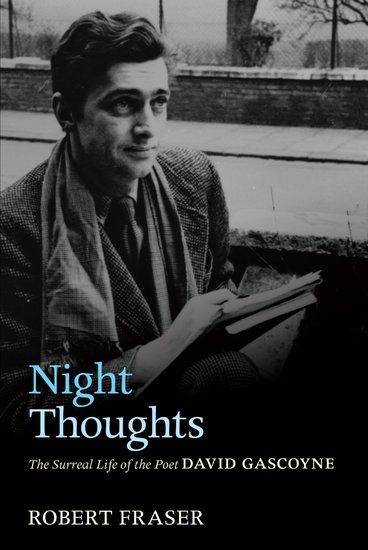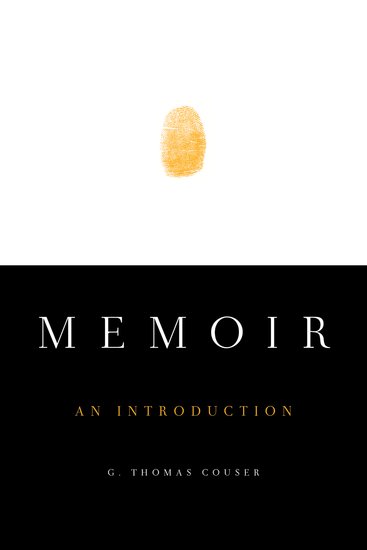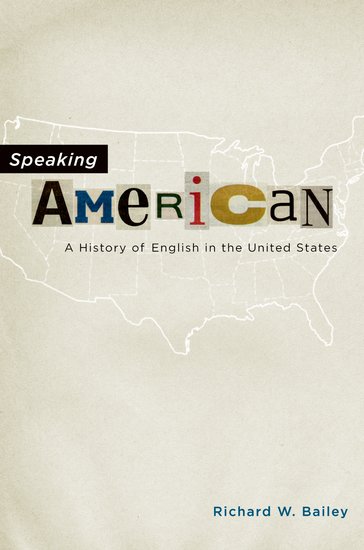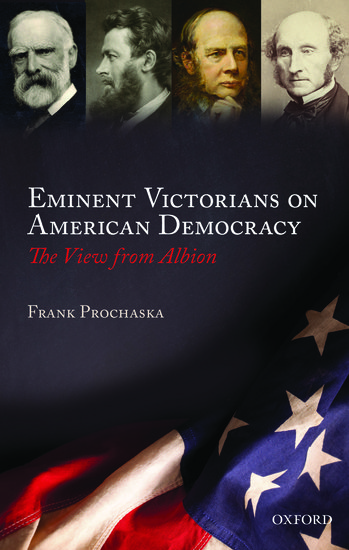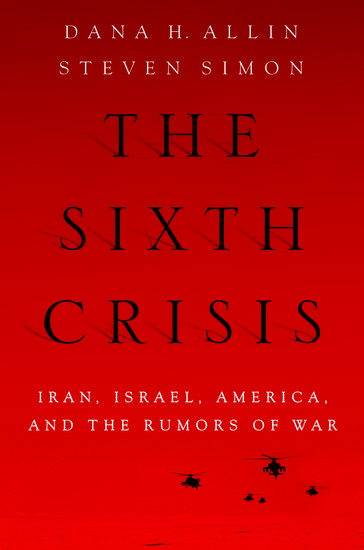Monthly Gleanings for February 2012, Part 1
By Anatoly Liberman
There has been a good deal to glean this month because the comments and responses have been numerous and also because, although February is a short month even in a leap year, in 2012 it had five Wednesdays. Among the questions was one about the profession and qualifications of an etymologist. It is a recurring question from young correspondents, and I have answered it briefly more than once, but always in the “gleanings.” It occurred to me that perhaps I should write a short essay on this subject and, if someone else asks me about such things in the future, I will be able to refer to this post. The rest will be discussed next week.

